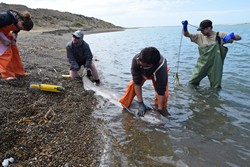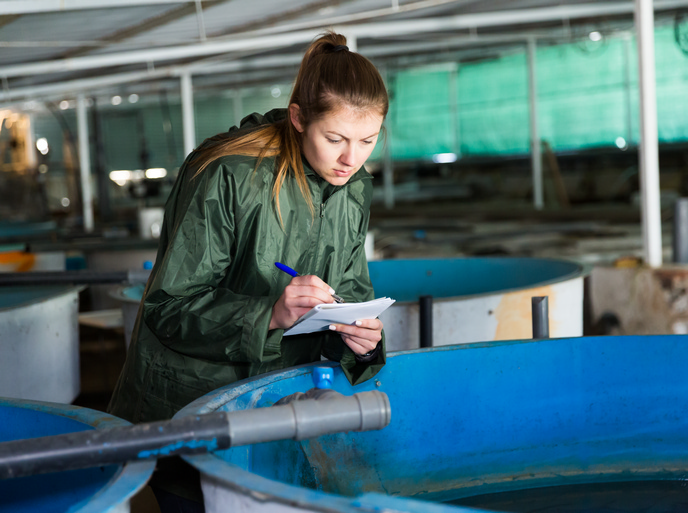International collaboration on marine protected areas
Coastal ecosystems, particularly reefs, are among the most productive and important areas on the planet for fisheries and ecosystem services. However, human activities are damaging them and making them vulnerable. MPAs have a range of potential benefits for conservation and for various marine industries, such as fisheries and dive tourism. EU-funded scientists of the RECOMPRA (Reef ecology and design of marine protected areas) initiative collaborated with researchers in South America to share knowledge and expertise about these valuable management tools. Scientists from Spain and Italy together with scientists from laboratories in Argentina and Brazil consolidated their knowledge on common research topics. They were interested in using specific aspects of reef ecology for the design, monitoring and management of MPAs, taking global climate change into consideration. Research topics included, among others, the response of reef fishes to MPAs, fish movements and MPA governance. In total, 34 people partook in the staff exchange, amassing around 82 months of time learning and contributing to joint research. Five MPAs from the two regions were involved. The results of the project will be published to improve the spread of knowledge about MPAs and their effective implementation.







